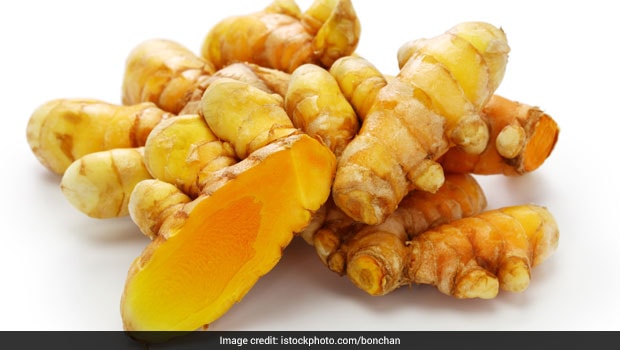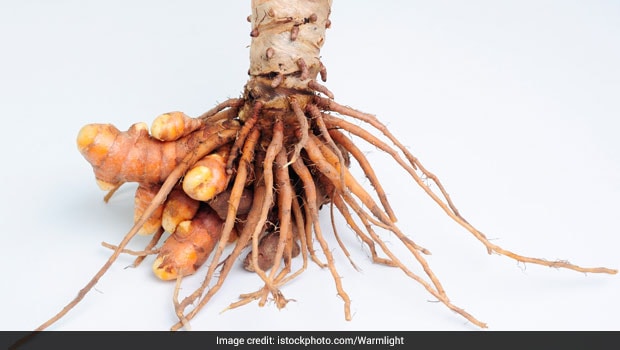Scientifically known as curcuma zedoaria, this root is a rhizome that has brown skin and a bright orange and hard interior. Although, it belongs to the turmeric family, it smells like mango and turmeric, which is why it also known as amba haldi in many Indian languages. It is generally sold as a powder, or dried and even sliced with a gray surface and a yellow to gray-white interior. It looks a lot like ginger.

Scientifically known as curcuma zedoaria, this root is a rhizome that has brown skinHow is white turmeric used?
Generally, in the Indian kitchen, white haldi is used fresh or it is even pickled. It is used as a dried spice in Indonesia, where it is often used as an ingredient in curry powder, especially for seafood dishes.
Health benefits of white haldi
According to Delhi based Nutritionist Lokendra Tomar, "White haldi is rarely used, but is considered to be healthy, much like yellow turmeric. It has anti-inflammatory and anti-microbial properties that keep you from any digestive or respiratory issues." Here are some of the benefits of white haldi that will compel you to add more of it in your diet.
1. Digestive aid
White turmeric can be used to resolve digestive problems, particularly in the gastrointestinal tract. It may also help aid flatulence, irregular bowel movement, indigestion, etc.

White turmeric can be used to resolve digestive problems2. Reduces Inflammation
White turmeric has anti-inflammatory properties that help combat inflammation, especially for people suffering from arthritis. In fact, it also treats wounds and other skin ailments. It reduces pain, thanks to curcumenol, a compound obtained from this rhizome.

White turmeric has anti-inflammatory properties
3. Has various antioxidants
Due to the presence of various antioxidants, it inhibits the growth of free radicals, which destroy body cells causing further harm. The compound curcumin acts as an anti-allergen, further preventing release of chemicals that initiate allergic reactions.

The compound curcumin acts as an anti-allergen4. May strengthen respiratory system
Respiratory problems are generally caused by fluids like phlegm and mucus build-up in the lungs and other areas of the body. Mucus and phlegm block the nasal passages and that leads to breathing difficulties and other respiratory disorders like asthma, cough and cold.

Respiratory problems are generally caused by fluids So, if you haven't already made white haldi a part of your spice cabinet, may be it is time. Go ahead and use more of it in pickles or infuse it in your tea or add it as a spice in your curries.









